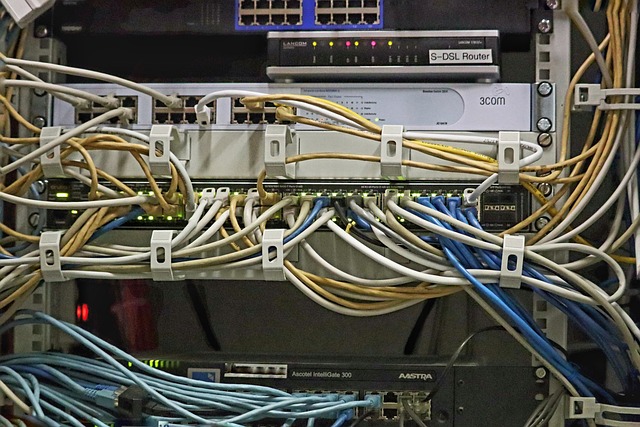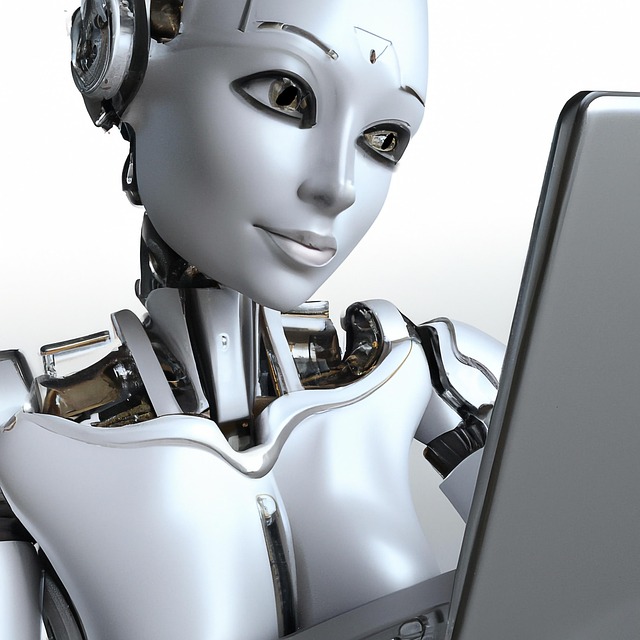# AI in Everyday Life: Exploring How Intelligent Technologies are Reshaping Our World and Experiences
Artificial Intelligence (AI) has transitioned from a niche technology to an integral part of our daily lives. As we navigate through our routines, we often encounter intelligent systems that enhance our experiences, streamline tasks, and even shape our decisions. This article delves into the multifaceted roles AI plays in various aspects of our everyday existence, illustrating its profound impact on society and individual lives.
## Transforming Communication and Connectivity
One of the most visible influences of AI is in the realm of communication. Tools powered by AI, such as chatbots and virtual assistants, have revolutionized how we interact with technology and each other. For instance, customer service has undergone a significant transformation, with many businesses employing AI-driven chatbots to handle inquiries. These systems can provide instant responses, manage multiple conversations simultaneously, and operate 24/7, thus enhancing customer satisfaction while reducing operational costs.
Furthermore, AI algorithms are now integral to social media platforms, curating content that aligns with user preferences. By analyzing user behavior, these algorithms determine what posts, articles, or advertisements will appear on a user’s feed. This personalization not only improves user engagement but also influences social dynamics and information dissemination, making it crucial for users to be aware of how these technologies shape their online experiences.
In addition to enhancing communication, AI is also fostering connectivity among individuals. Applications like Google Meet and Zoom utilize AI to improve video quality, optimize bandwidth, and even provide real-time language translation. Such advancements have made remote work and virtual gatherings more efficient and accessible, bridging geographical divides and enabling collaboration across borders.
## Revolutionizing Healthcare and Wellbeing
Healthcare is another sector where AI is making significant strides, fundamentally altering how we approach wellness and medical treatment. Machine learning algorithms can analyze vast datasets to identify patterns that may elude human practitioners. For example, AI systems are being used to diagnose diseases through imaging technologies, such as X-rays and MRIs, with accuracy that rivals or even surpasses that of seasoned radiologists. This not only expedites the diagnostic process but also enhances patient outcomes by allowing for earlier interventions.
Moreover, AI-driven applications are empowering individuals to take charge of their health. Wearable devices, equipped with AI capabilities, can monitor vital signs, track physical activity, and even predict potential health issues based on user data. By providing personalized insights and recommendations, these tools encourage users to adopt healthier lifestyles, fostering a proactive approach to health management.
The impact of AI on mental health cannot be overlooked either. Virtual therapy platforms leverage AI to offer support and resources to those in need. These platforms can analyze user interactions and provide tailored content, making mental health resources more accessible. By breaking down barriers to traditional therapy, AI is democratizing mental health support and enabling individuals to seek help in a more comfortable environment.
## Enhancing Daily Tasks and Consumer Experiences
Daily tasks have become more manageable thanks to the integration of AI into home and personal life. Smart home devices, such as thermostats, lights, and security systems, utilize AI to learn user preferences and automate routines. For instance, a smart thermostat can adjust the temperature based on historical data and user habits, leading to increased energy efficiency and comfort. The convenience of controlling these devices remotely through smartphones adds another layer of ease to daily living.
In addition to home automation, AI is reshaping consumer experiences in retail. Online shopping platforms employ AI to analyze browsing behavior and purchase history, allowing for personalized product recommendations. This not only enhances the shopping experience but also increases sales for retailers. Moreover, AI-driven inventory management systems help businesses optimize stock levels, reducing waste and ensuring that popular items are always available.
Transportation is also being transformed by AI technologies. Ride-sharing services like Uber and Lyft utilize AI algorithms to match drivers with passengers efficiently, optimizing routes and reducing wait times. Autonomous vehicles, still in development, promise to further revolutionize how we travel, potentially reducing accidents and traffic congestion while providing greater mobility for those unable to drive.
## Conclusion: The Future of AI in Everyday Life
As we continue to embrace AI technologies, their influence on our everyday lives will only grow. The potential for AI to enhance communication, revolutionize healthcare, and streamline daily tasks presents both opportunities and challenges. While the benefits are substantial, ethical considerations surrounding privacy, data security, and the potential for job displacement must be addressed proactively.
Looking ahead, the future of AI in everyday life is promising yet complex. Continuous advancements in AI research and development will likely lead to even more innovative applications, further embedding intelligent technologies into the fabric of our daily experiences. As we navigate this evolving landscape, it is crucial for individuals, businesses, and policymakers to collaborate in harnessing the power of AI responsibly, ensuring that it serves as a tool for enhancing human life rather than diminishing it.











